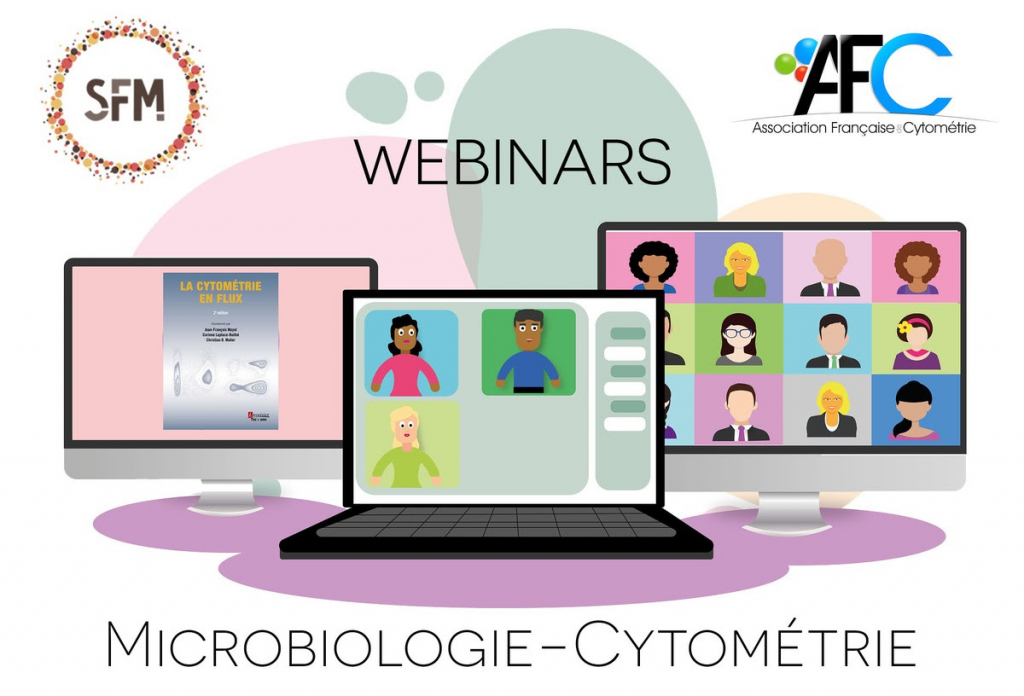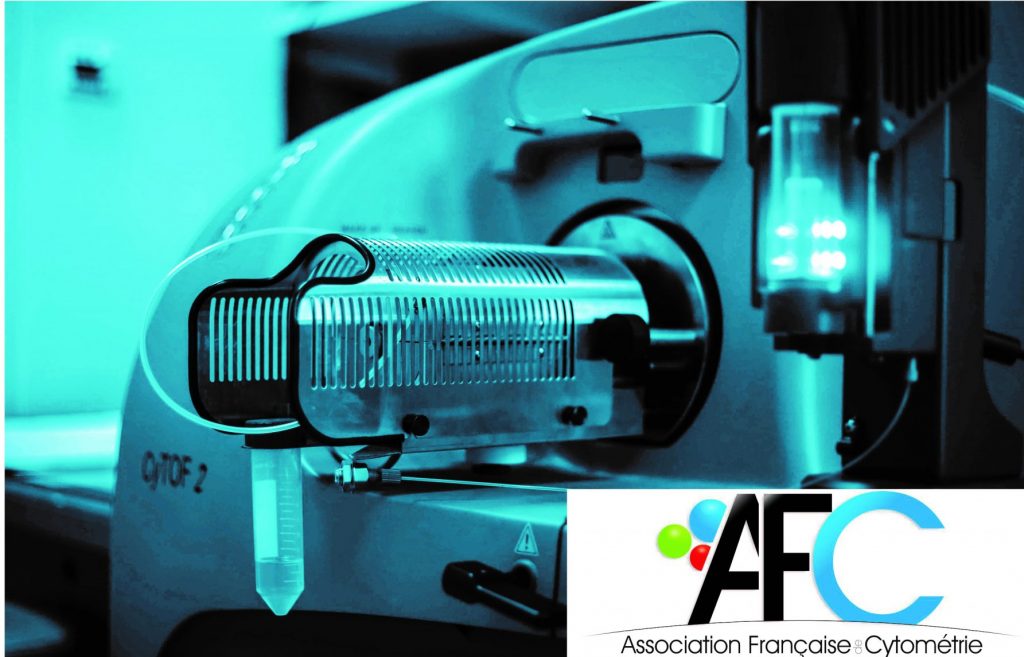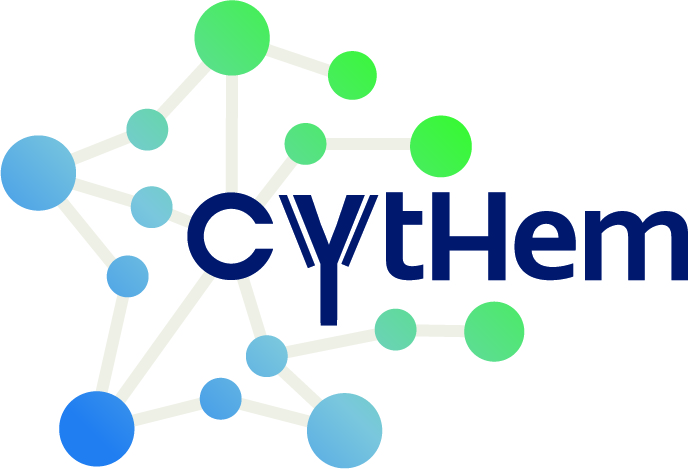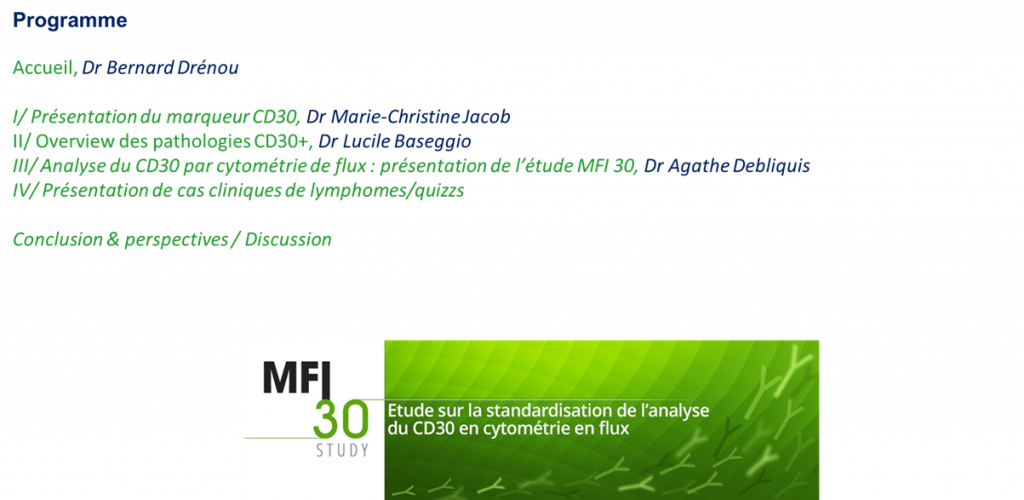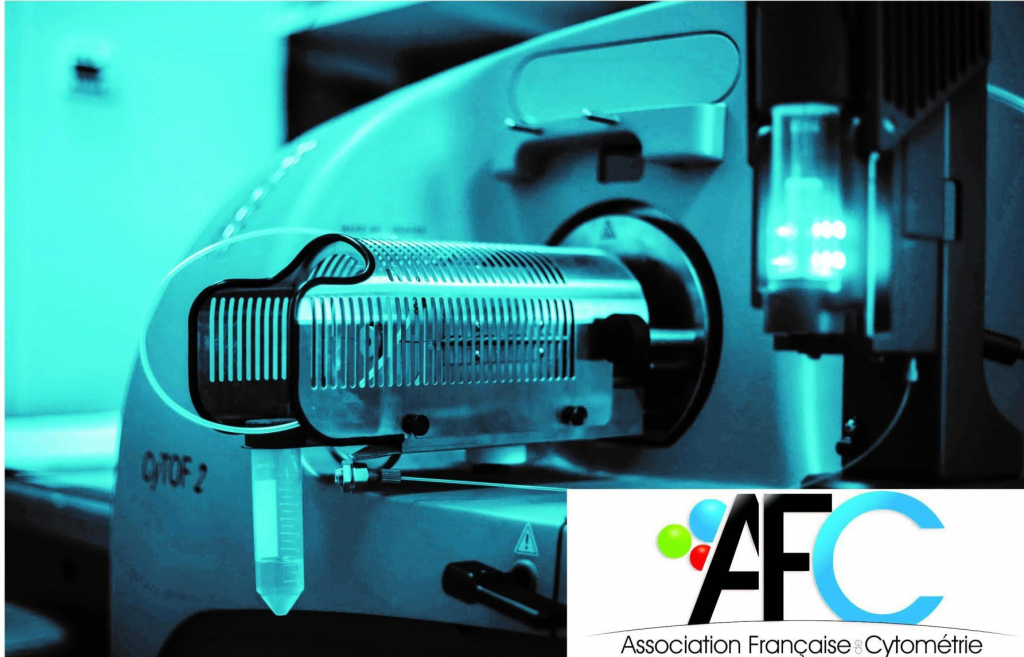
Le groupe de travail “Cytométrie de masse” de l’Association Française de Cytométrie est heureux de vous inviter à son prochain webinaire :
Le 28 Mars 2024 à 12h30
IL-12 et IL-23 : comportement paradoxal dans l’inflammation et le cancer
Présenté par Pr. Burkhard Becher
University of Zurich, Institute of Experimental Immunology
Lien Zoom: https://univ-amu-fr.zoom.us/j/81537671135?pwd=VzJkTUtFdWVTMm0weUZvaVE1NTE3dz09
Code : 275002
IL-12 and IL-23 are closely related cytokines and represent the most proinflammatory mediators of the IL-12 superfamily. Both cytokines are structurally similar and share both producing and sensing cell types. While IL-12 is a canonical TH type I inducing mediator, IL-23 is firmly linked with type III immunity. Both cytokines are considered central mediators of TH cell polarization and are linked with inflammation and even immunopathology. However, whilst IL-12 stimulates type 1 lymphocytes and can eliminate established tumors, the loss of IL-12 leads to drastically enhanced inflammation across various models of chronic inflammatory disease and autoimmunity. Likewise, IL-23, which plays a non-redundant function in the development of autoimmunity and type 3 immune responses, it also increases tumor growth. These at first glance paradoxically appearing properties form the focus of this presentation. I will discuss the discoveries around IL-12 and IL-23 from a historical perspective, taking into account the most recent findings on their immunoregulatory properties in the context of inflammation and cancer in particular and immunity in general.


